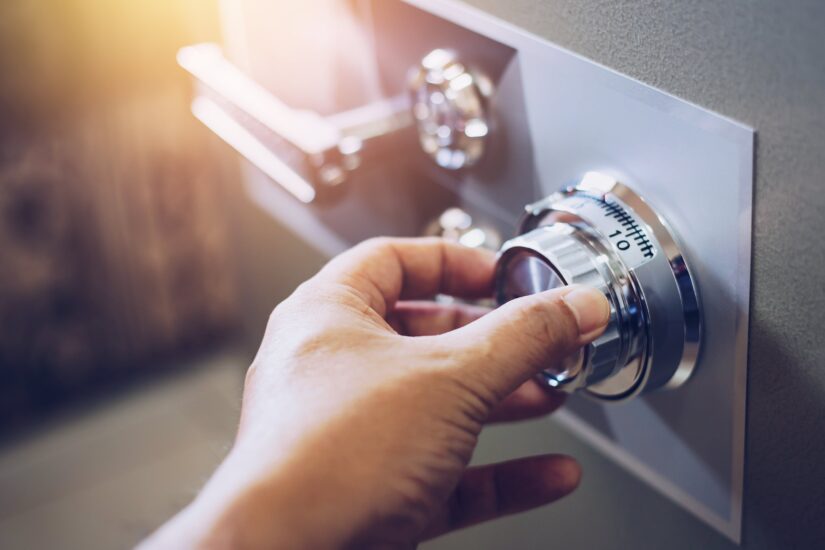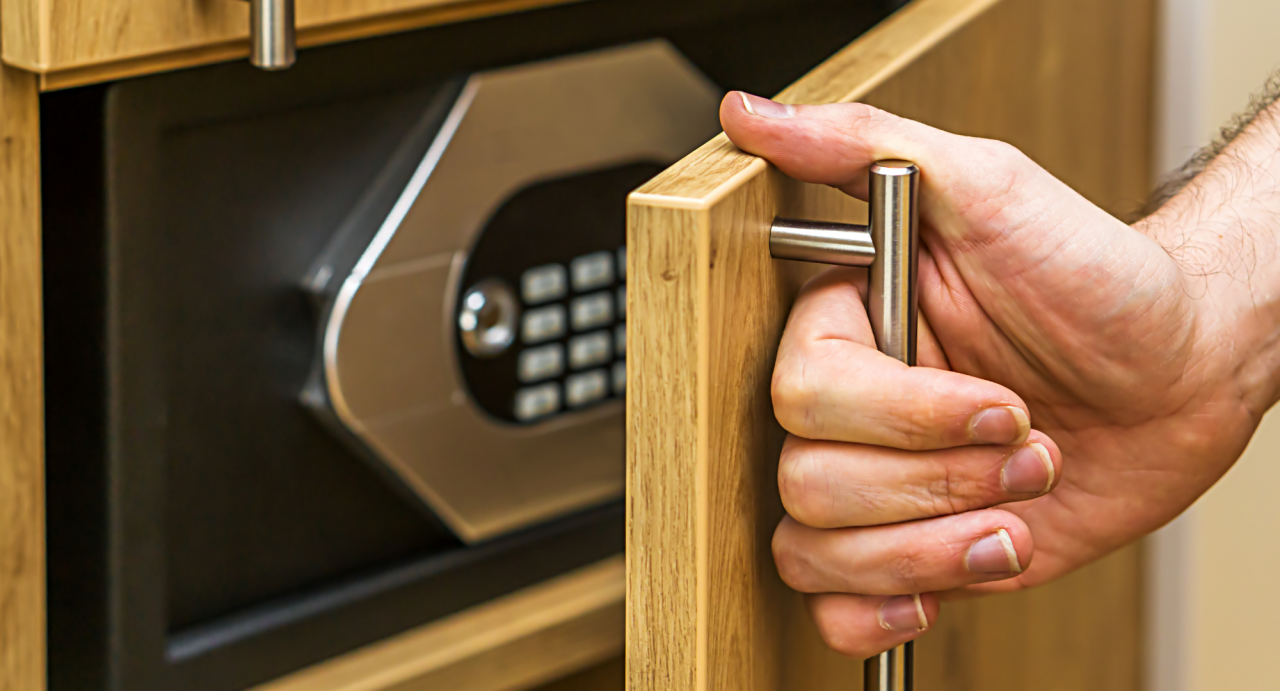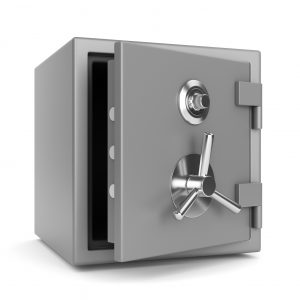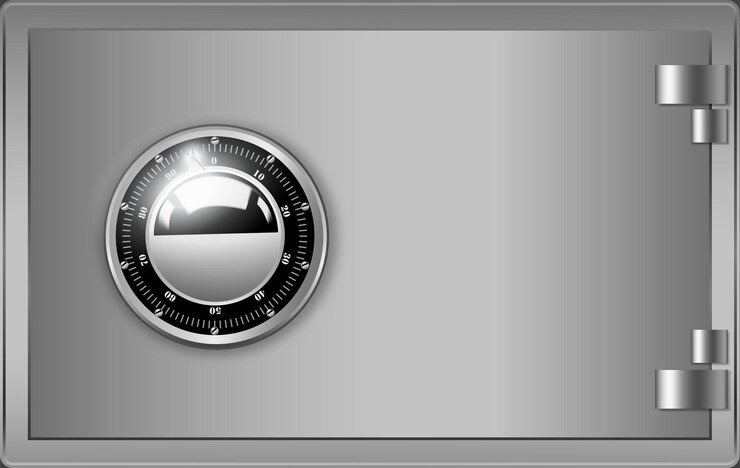oving into a new home is an exciting adventure, but it also comes with various responsibilities, including ensuring the security of your new abode. One of the first and most crucial steps in this process is changing the locks on your doors. This comprehensive guide will explain the importance of changing your locks after moving to a new home and provide valuable insights into the process.
The Security Imperative: Why Change Your Locks?
1. Unknown Keyholders:
- When you purchase a new home, you can never be entirely sure how many copies of the keys are floating around. The previous homeowner may have shared keys with neighbors, friends, or family members. Changing the locks ensures that you are the only person with access to your residence.
2. Master Key Systems:
- In some cases, new homes are equipped with master key systems. Builders, inspectors, and real estate agents may have access to a master key. Changing the locks eliminates the risk associated with such systems.
3. Old or Worn-Out Locks:
- If the locks on your new home are old, damaged, or showing signs of wear and tear, it’s wise to replace them. Old locks are more vulnerable to picking or forced entry.
4. Insurance Requirements:
- Many insurance companies may require proof of forced entry in case of a claim. By changing your locks, you demonstrate your commitment to home security and reduce the chances of negligence claims affecting your coverage.
Rekeying vs. Replacing Locks
Rekeying Locks:
- Rekeying involves adjusting the internal pins and hinges of a lock to fit a new key. This makes the old key ineffective. Rekeying is a cost-effective solution, especially if all your locks share the same brand or keyhole. It’s a quick and affordable option that enhances security.
Replacing Locks:
- Replacing locks means getting an entirely new lock, including the handle. This is typically more expensive than rekeying and is recommended when the existing locks are old, worn, or if you want to upgrade to more modern and secure options, such as smart locks or keypad locks.
The Process of Changing Locks
1. Hire a Professional Locksmith:
- While some homeowners might attempt DIY lock changes, it’s generally recommended to hire a professional locksmith. They have the expertise, tools, and experience to ensure the job is done correctly and securely.
2. Verification of Ownership:
- Locksmiths typically require proof of ownership before changing locks to prevent potential security issues in the future.
3. Scheduling in Advance:
- To save time and money, schedule a lock-changing appointment in advance. This allows the locksmith to prepare the locks and cut new keys beforehand.
4. Immediate Action:
- Change your door locks immediately upon taking possession of your new home. Prioritizing this task enhances your family’s safety and provides peace of mind.
Promoting 1st Choice Locksmith:
When seeking professional locksmith services for your lock-changing needs, consider 1st Choice Locksmith. They are experts in providing lock rekeying, professional installation, and lock change services. With a commitment to security and customer safety, 1st Choice Locksmith can ensure your new home is properly protected.
In Summary:
Changing the locks after moving into a new home is a vital step in ensuring your family’s security and peace of mind. It’s a precautionary measure that eliminates uncertainties associated with unknown keyholders, master key systems, and the condition of existing locks. Whether you choose to rekey or replace your locks, prioritizing this task is a wise decision that enhances your home’s security. For professional locksmith services, consider 1st Choice Locksmith, a reliable partner in safeguarding your new residence.






